BOOK: Thinking, Fast and Slow (2011)
Thinking, Fast and Slow
Year: 2011
Author: Daniel Kahneman
Length: 1,202 minutes / 20.03 hours
We all make choices. Every day, from the banal to the life-altering, we can break these choices down into two different ways of thinking. It's amazing to me how this psychological subject presented in Thinking, Fast and Slow is so intuitive, but so difficult to control. Daniel Kahneman does a superb job bringing this topic down to the layperson level with plenty of examples and quizzes to show the reader how we can literally change an impulsive decision into a logical one.
Thinking, Fast and Slow opened my eyes to the two systems that influence every decision I make. The quick-thinking "System One" runs on emotions, whereas the slower "System Two" takes time to examine a situation thoroughly before deciding. The amazing thing about these systems is that sometimes the intuitive System One is correct—meaning that it can sometimes be easy to overthink a problem. What's even more fascinating is...
